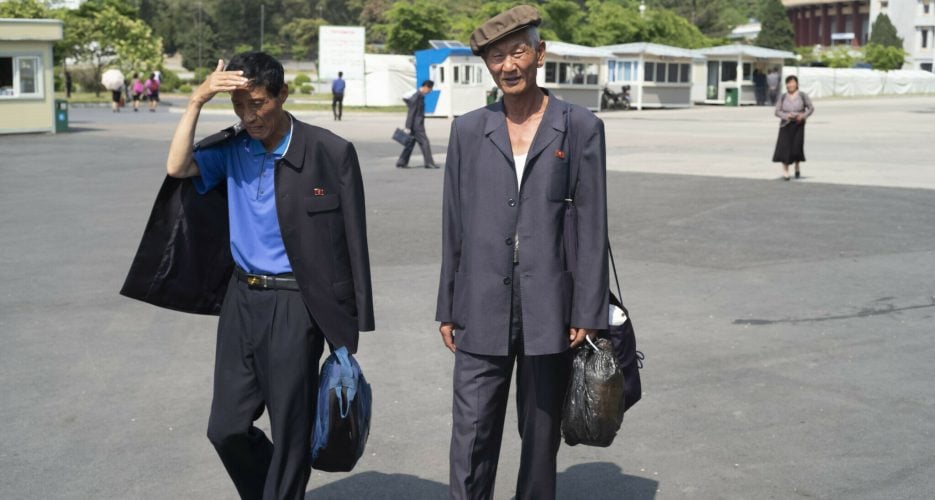In early September David Hawk published his latest work on the North Korean prison camp system. Hawk is the best-known English-speaking authority on this subject, having documented the North Korean political camps for nearly 15 years. His new report is called “North Korea’s Hidden Gulag: Interpreting Reports of Changes in the Prison Camps,” and it deals with the recent changes in the North Korean camps.
The major conclusions of the study might surprise many – but not the present author and my colleagues. Having analyzed the assorted material, Hawk came to the conclusion that over the last decade or so there have been significant reductions in the scale of the North Korean “camp universe.” In the 1990s, the number of prisoners was estimated at 150,000-200,000, while the current number appears to be much lower, some 80,000-120,000. Two large camps (Nos. 22 and 18, the latter being the oldest of all North Korean camps, in operation since 1958) have been recently closed.
In early September David Hawk published his latest work on the North Korean prison camp system. Hawk is the best-known English-speaking authority on this subject, having documented the North Korean political camps for nearly 15 years. His new report is called “North Korea’s Hidden Gulag: Interpreting Reports of Changes in the Prison Camps,” and it deals with the recent changes in the North Korean camps.
The major conclusions of the study might surprise many – but not the present author and my colleagues. Having analyzed the assorted material, Hawk came to the conclusion that over the last decade or so there have been significant reductions in the scale of the North Korean “camp universe.” In the 1990s, the number of prisoners was estimated at 150,000-200,000, while the current number appears to be much lower, some 80,000-120,000. Two large camps (Nos. 22 and 18, the latter being the oldest of all North Korean camps, in operation since 1958) have been recently closed.
Become a member for less
than $5.75 per week.
Unlimited access to all of NK News: reporting, investigations, analysis
The NK News Daily Update, an email newsletter to keep you in the loop
Searchable archive of all content, photo galleries, special columns
Contact NK News reporters with tips or requests for reporting
Get unlimited access to all NK News content, including original reporting, investigations, and analyses by our team of DPRK experts.
Subscribe now
All major cards accepted. No commitments – you can cancel any time.












